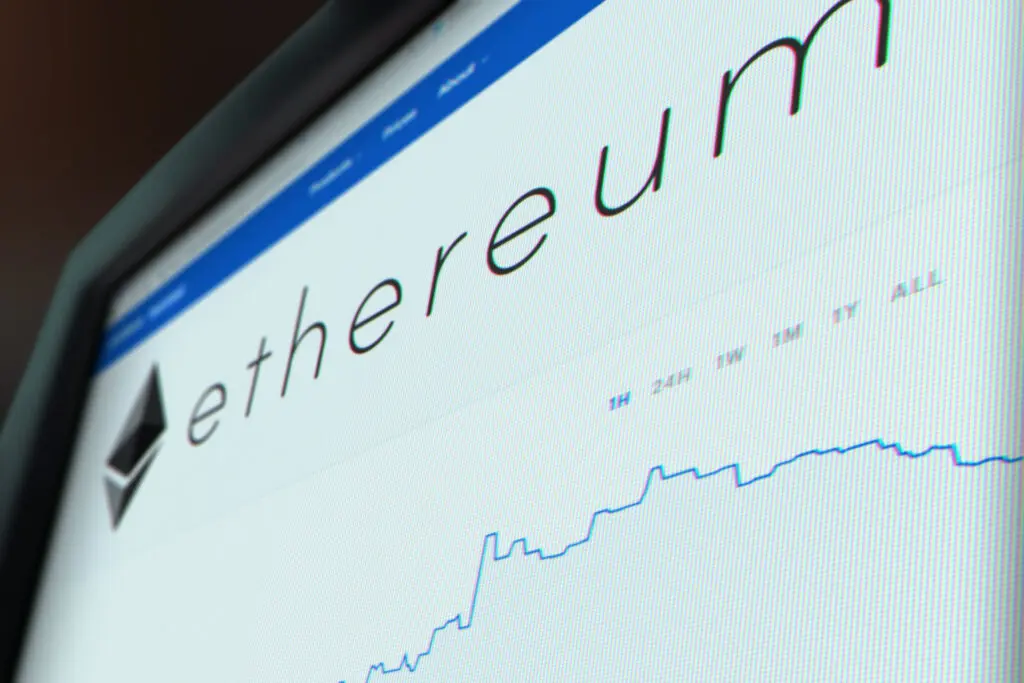A recent development has seen a cryptocurrency exchange obtain In-Principle Approval from the Central Bank of the United Arab Emirates (UAE) to operate under a Stored Value Facilities (SVF) license. This regulatory green light signifies a significant step toward enabling the exchange to process payments in stablecoins and UAE dirhams for government services in Dubai.
The approval, which applies to Foris DAX Middle East FZ-LLC, allows for a broadened entrance into regulated digital payments in the region, pending final authorization. The exchange’s platform will enable residents to pay government fees using the digital assets they hold. During the payment process, these assets will be converted into UAE dirhams at the point of transaction, utilizing a digital wallet licensed by the Central Bank. As a result, government departments will receive settlements in either dirhams or stablecoins pegged to the local currency.
This initiative emphasizes the ongoing mission to increase the practical use of digital assets. An official commented that achieving this regulatory milestone reflects both a commitment to responsible innovation and recognition from UAE authorities regarding the potential of regulated digital commerce.
Once the final approval is achieved, the exchange aims to facilitate crypto-to-fiat payments within a framework regulated by the Central Bank. This marks a pioneering move, potentially integrating digital assets into public service payments in the Gulf region.
In practical terms, the new payment system will allow users to settle government fees by converting their digital assets into dirhams seamlessly within the platform. Furthermore, the exchange assures that transactions will be settled without exposure to cryptocurrency volatility, as the funds will go directly to government departments in stable currencies.
In terms of regulatory oversight, Dubai’s Virtual Assets Regulatory Authority manages the trading and custody landscape, while the Central Bank is responsible for digital payment systems through the SVF licensing structure. The progress of this exchange indicates a growing acceptance of stablecoin-associated payment solutions within governmental functions.
The exchange has been actively broadening its global footprint. Recently, it attained regulatory approval in the United States to facilitate margined derivatives trading on cryptocurrencies, reflecting its aggressive expansion strategy in influential markets. An amendment to its designated contract market license now enables its U.S. affiliate to operate a comprehensive range of Commodity Futures Trading Commission derivatives licenses.
Moreover, the exchange is enhancing its institutional services, having recently partnered with a multi-asset wallet provider to manage some of its digital assets. This cooperation plans to bolster security measures and regulatory compliance while complementing the existing self-custody solutions offered by the partner.
Overall, these developments indicate a significant move toward the integration of digital assets into traditional payment structures in Dubai, promising a new era for financial transactions in the region. The establishment of a regulated framework paves the way for further advancements in digital commerce and improves the practicality of cryptocurrencies as a medium for transaction within governmental services.


